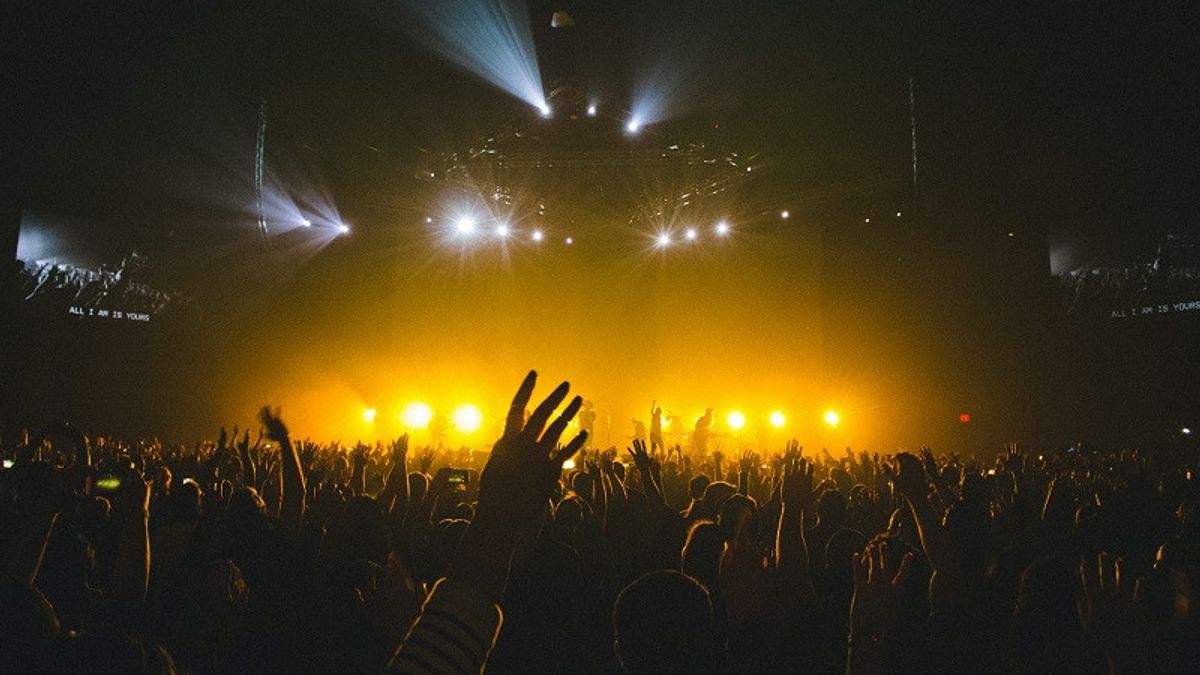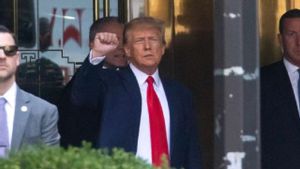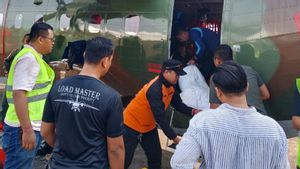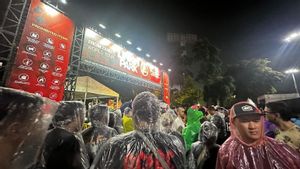JAKARTA - Researcher of the macroeconomics and finance of the Institute for Development of Economics and Finance (Indef) Riza Annisa Pujarama assessed that the discourse on the imposition of excise at music concerts was not appropriate because it already had its own taxes.
The masique concert tax is included in the Certain Goods and Services Tax (PBJT) which is regulated in Law Number 1 of 2022 concerning Financial Relations between the Central Government and the Regional Government (HKPD).
"For this music concert, there is actually a type of tax in itself. Likewise with detergents," he told VOI, Wednesday, July 24.
According to Riza, if there is an application of excise on certain goods, it means that there will be restrictions from the government on the consumption of detergents and concerts.
"If excise duty is imposed on certain items that are limited by the government. If subject to excise duty, there are restrictions on the consumption of detergents and concerts," he explained.
However, Riza has not been able to explain in more detail regarding this matter because he must conduct a more in-depth study regarding the discourse.
According to Riza, the application of excise is usually imposed on goods that have a negative impact if consumed, such as tobacco and alcohol excise, which has implications for health.
"Well, if my concert ticket doesn't know the basis for being subject to excise duty. If it's detergent, okay, it can be a source of pollution, but to what extent does this need to be strong, not just raising state revenues," he explained.
Previously, the Directorate General of Customs and Excise (DJBC) of the Ministry of Finance was conducting a review of goods for the imposition of excise, namely on tickets to music concerts to detergents.
This was revealed by the Director of Technical and Excise Facilities Iyan Rubiyanto, saying that a few years ago his party almost imposed excise duty on compact discs (CDs) due to the large number of protests from artists about the rampant circulation of pirated CD sales.
"A few years ago we almost collected pirated CD excise. The intention was good, in the past the artist's information was only 10 percent official, 90 percent of it was in Glodok on the side of the road," Iyan said in a Public Lecture on Excise Potential at STAN, quoted online Wednesday, July 24.
In addition, Iyan conveyed that Customs and Excise also included excise for art entertainment and concert tickets in the practice of excisable goods due to the high public interest in art entertainment that has the potential to increase state revenue.
According to Iyan, many Indonesians are categorized as rich because some time ago they participated in watching and buying Coldplay concert tickets in Indonesia, Malaysia, Singapore, and other countries.
"This is an entertainment ticket, this is sometimes yesterday a soldout, until there is another concert in Singapore and, then another concert (in other countries). It was bought and I think the Indonesian people are rich," he said.
Furthermore, Iyan conveyed that Customs and Excise also included luxury homes, fast food or fast food, tissue, MSG, coal and detergent in the practice of excisable goods.
Every day we use detergents. Have you ever thought where (determined) it was flowed to? Where was it thrown? Fish were soloized, there were so many ceres, now they don't exist anymore because of detergents," he added.
The English, Chinese, Japanese, Arabic, and French versions are automatically generated by the AI. So there may still be inaccuracies in translating, please always see Indonesian as our main language. (system supported by DigitalSiber.id)









